Transforming Industry with Intelligent Robots at the 138th Canton Fair in 2025
The 138th Canton Fair in 2025 is set to showcase the transformative power of intelligent robots across various industries, reflecting a growing trend toward automation and advanced technology in manufacturing and service sectors. According to a recent report by the International Federation of Robotics, the global market for intelligent robots is projected to grow significantly, with an average annual growth rate of 20% through 2025. This surge is driven by increased demand for efficiency and precision, as businesses seek to enhance their operations through automation. The integration of intelligent robots is not only revolutionizing production processes but also improving supply chain management and customer service capabilities. As industries continue to embrace this technological evolution, the Canton Fair will provide a vital platform for leading companies to demonstrate their latest innovations and foster partnerships that will shape the future of intelligent robotics in the industrial landscape.
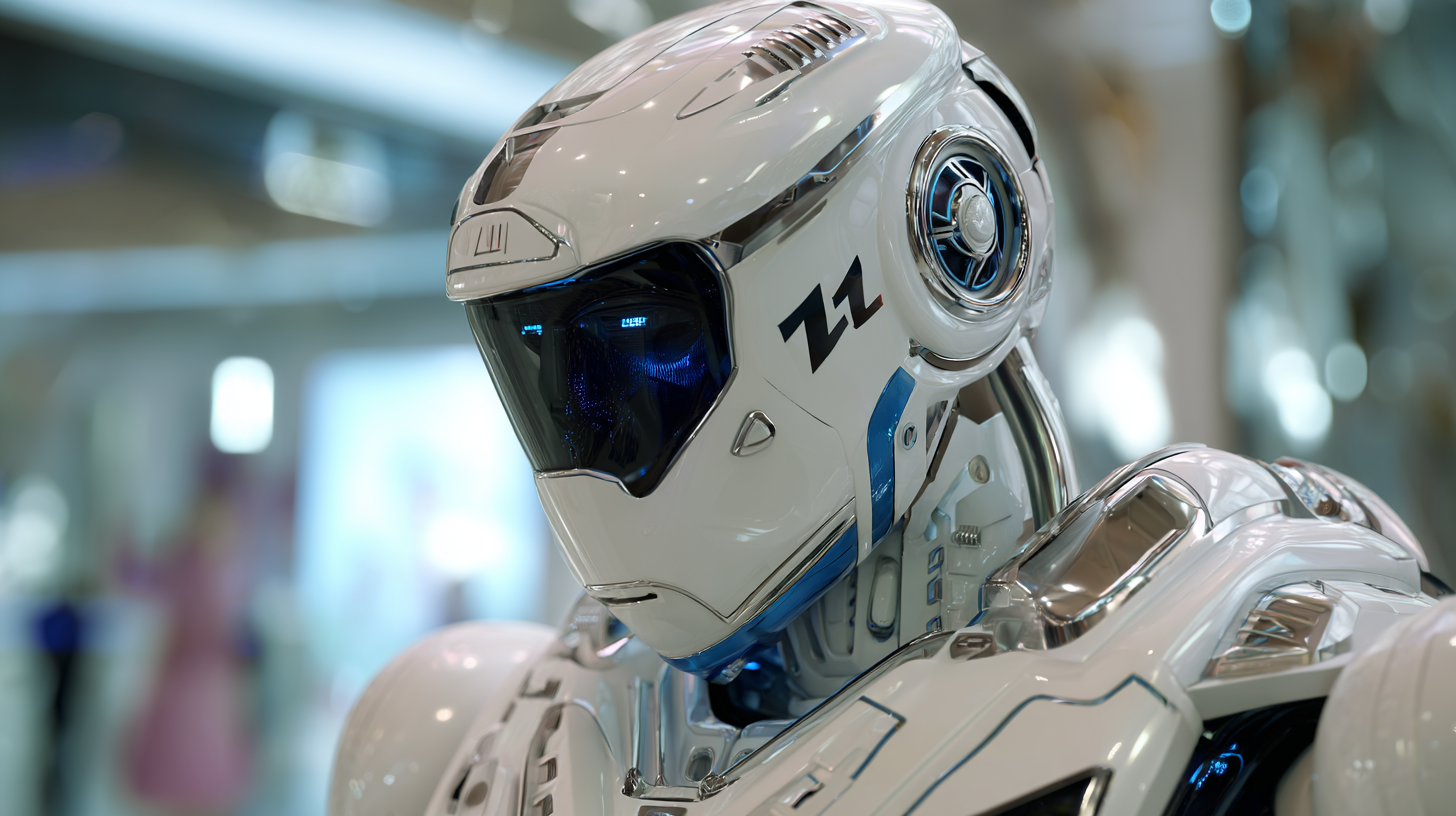
The Role of Intelligent Robots in Shaping the Future of Manufacturing
The integration of intelligent robots in manufacturing is transforming industry operations, especially as showcased at the 138th Canton Fair in 2025. As discussed in a recent high-level dialogue in Chongqing, the shift toward AI-powered solutions is essential in addressing challenges like labor shortages and supply chain disruptions. Notably, the manufacturing sector, which includes aircraft, automobiles, and consumer electronics, is witnessing a pivotal evolution with an increased reliance on AI. A report suggests that by 2026, China's digital transformation spending will reach approximately $2.38 trillion, signifying a robust commitment to incorporate AI into production processes.
The rapid advancement of AI is not just reshaping manufacturing but is also creating a strategic imperative for industries to adapt. According to a forecast from Akamai and IDC, 80% of CIOs plan to transition to edge AI services within three years. This trend is reflected in diverse applications, from enhancing customer service through AI chatbots to automating complex manufacturing tasks. The ongoing dialogue emphasizes that embracing AI technologies is crucial for the future of manufacturing, ultimately paving the way for smarter, more efficient production methods that will define the next era of industry.
Key Innovations Showcased at the 138th Canton Fair
The 138th Canton Fair has emerged as a significant platform showcasing key innovations in the fields of intelligence and sustainability. Held in Guangzhou, this year's fair has attracted over 32,000 exhibitors, with a particular focus on AI and service robots. This reflects a clear trend towards incorporating advanced technology to enhance productivity and environmental consciousness across various industries. Global buyers, such as those from Brazil, are particularly drawn to the fair's offerings, as they seek cutting-edge solutions that can drive innovation in their sectors.
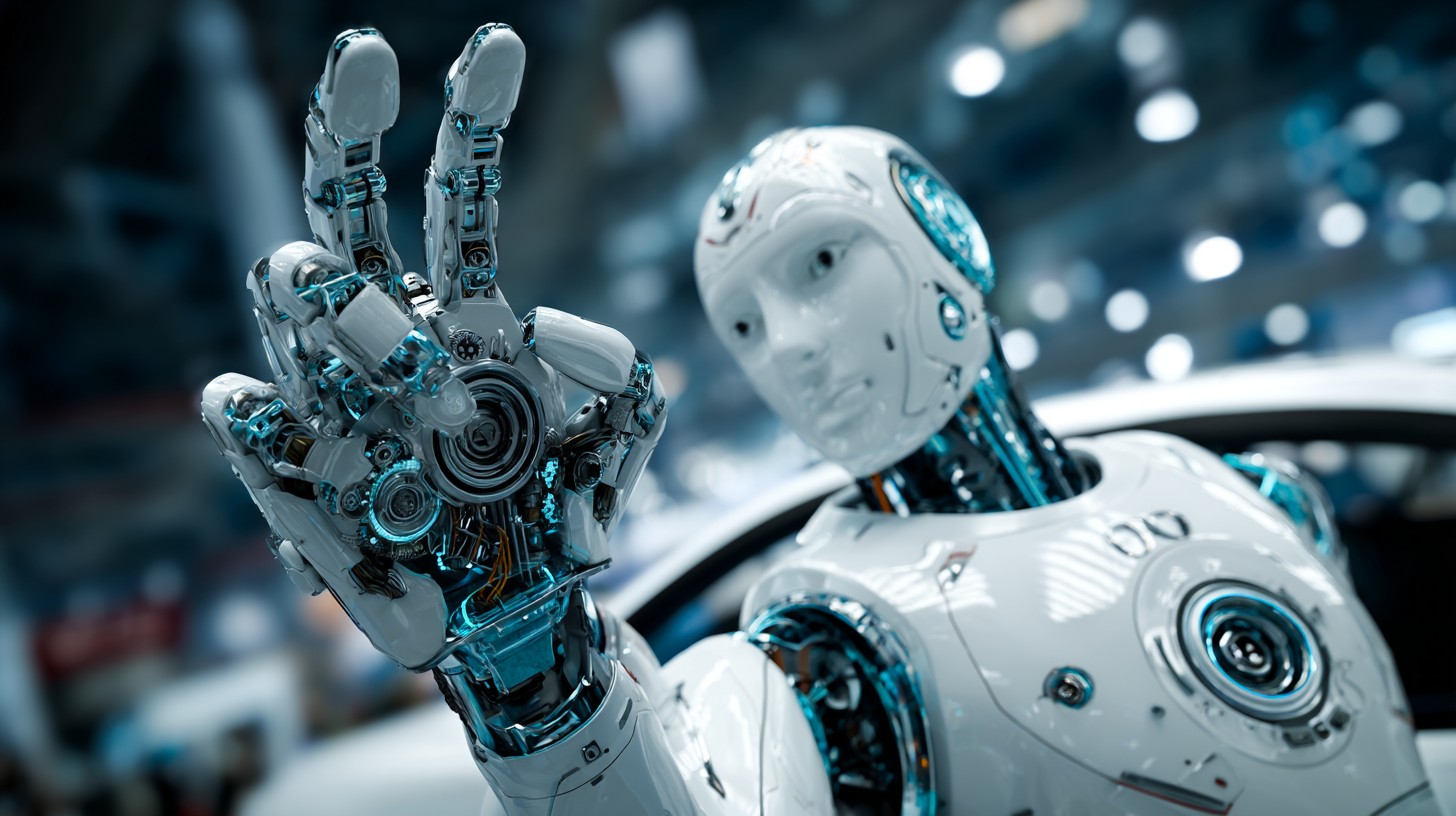
Tips for attendees include exploring the specific zones dedicated to smart technologies, where numerous startups and established companies are presenting their latest breakthroughs. Engaging in discussions with exhibitors can provide deeper insights into how these intelligent robotic systems can be integrated into existing industrial processes. Furthermore, keeping an eye on sustainability initiatives being showcased will offer valuable perspectives on the future direction of global trade.
As the fair progresses, attendees can expect a wealth of knowledge and networking opportunities that could pave the way for new partnerships and advancements in their respective fields. Participating in forums and workshops can also enhance understanding of the innovations on display, ensuring that visitors leave with actionable insights to transform their businesses.
Impact of Automation on Supply Chain Efficiency and Productivity
At the 138th Canton Fair in 2025, the spotlight will be on the transformative role of intelligent robots in enhancing supply chain efficiency and productivity. Automation has been a game-changer in various industries, with a report from McKinsey highlighting that companies adopting automation can boost their productivity by up to 30% within a few years. This significant increase stems from robots performing repetitive tasks with precision, reducing errors and downtime, thus streamlining operations and minimizing costs.
Moreover, a study by the World Economic Forum indicates that implementing intelligent automation in supply chains could lead to a reduction in operational costs by 20-25%. Such advancements not only enhance efficiency but also allow businesses to respond to market changes swiftly, improving overall supply chain resilience. As intelligent robots continue to evolve, their integration into logistics, warehousing, and manufacturing processes becomes essential for companies seeking to maintain competitive advantages in an increasingly digital landscape. The discussions at the Canton Fair will undoubtedly shed light on the future possibilities of automation in supply chains.
Transforming Industry with Intelligent Robots at the 138th Canton Fair in 2025 - Impact of Automation on Supply Chain Efficiency and Productivity
| Dimension | Before Automation | After Automation | Percentage Improvement |
|---|---|---|---|
| Order Processing Time (Hours) | 12 | 4 | 66.67% |
| Inventory Accuracy (%) | 85 | 98 | 15.29% |
| Labour Cost Reduction (%) | 100% | 70% | 30% |
| Production Output (Units/Day) | 1500 | 2500 | 66.67% |
| Downtime (Hours/Month) | 20 | 5 | 75% |
Collaborative Robots: Redefining Human-Robot Interaction in Industry
At the 138th Canton Fair in 2025, the spotlight on collaborative robots signifies a paradigm shift in human-robot interaction within the industrial landscape. These intelligent robots are designed to work alongside human workers, enhancing productivity while ensuring safety. A key element that fosters effective human-robot collaboration is the predictability of a robot's actions. Innovations like predictive robot eyes can significantly improve attentional guidance, allowing robots to anticipate human needs and respond more intuitively.
Furthermore, the integration of artificial intelligence in collaborative robots is transforming how industries embrace automation. This human-centric approach to robotics not only boosts operational efficiency but also addresses safety concerns, essential for sustainable human-robot interaction. New safety standards and technologies ensure that collaborative robots can perform tasks without posing risks to human workers, fostering an environment of trust and collaboration. As companies increasingly adopt this technology, the future of industrial operations will reflect a harmonious blend of human ingenuity and robotic assistance.
Future Trends in Robotics and their Implications for Global Trade
As the 138th Canton Fair in 2025 showcases the latest advancements in robotics, the future trends in this field will significantly shape global trade dynamics. Intelligent robots are set to revolutionize industries by enhancing efficiency and productivity. Their integration into supply chains will streamline operations, reduce human error, and cut costs, enabling businesses to respond quicker to market demands. This shift towards automation will not only optimize manufacturing processes but also facilitate the delivery of goods, making international commerce more agile.
Moreover, the implications of robotics on global trade extend beyond mere productivity gains. The rise of intelligent robots introduces new challenges, such as workforce displacement and the need for upskilling. As companies increasingly adopt these technologies, the labor market will evolve, necessitating a focus on education and training programs to prepare workers for a more automated economy. Additionally, the collaboration between humans and robots could foster innovation and creativity in problem-solving, redefining roles within industries and encouraging new business models. Ultimately, the adoption of robotics holds the potential to enhance competitiveness in the global market while also raising important questions about the future of work and international economic relationships.
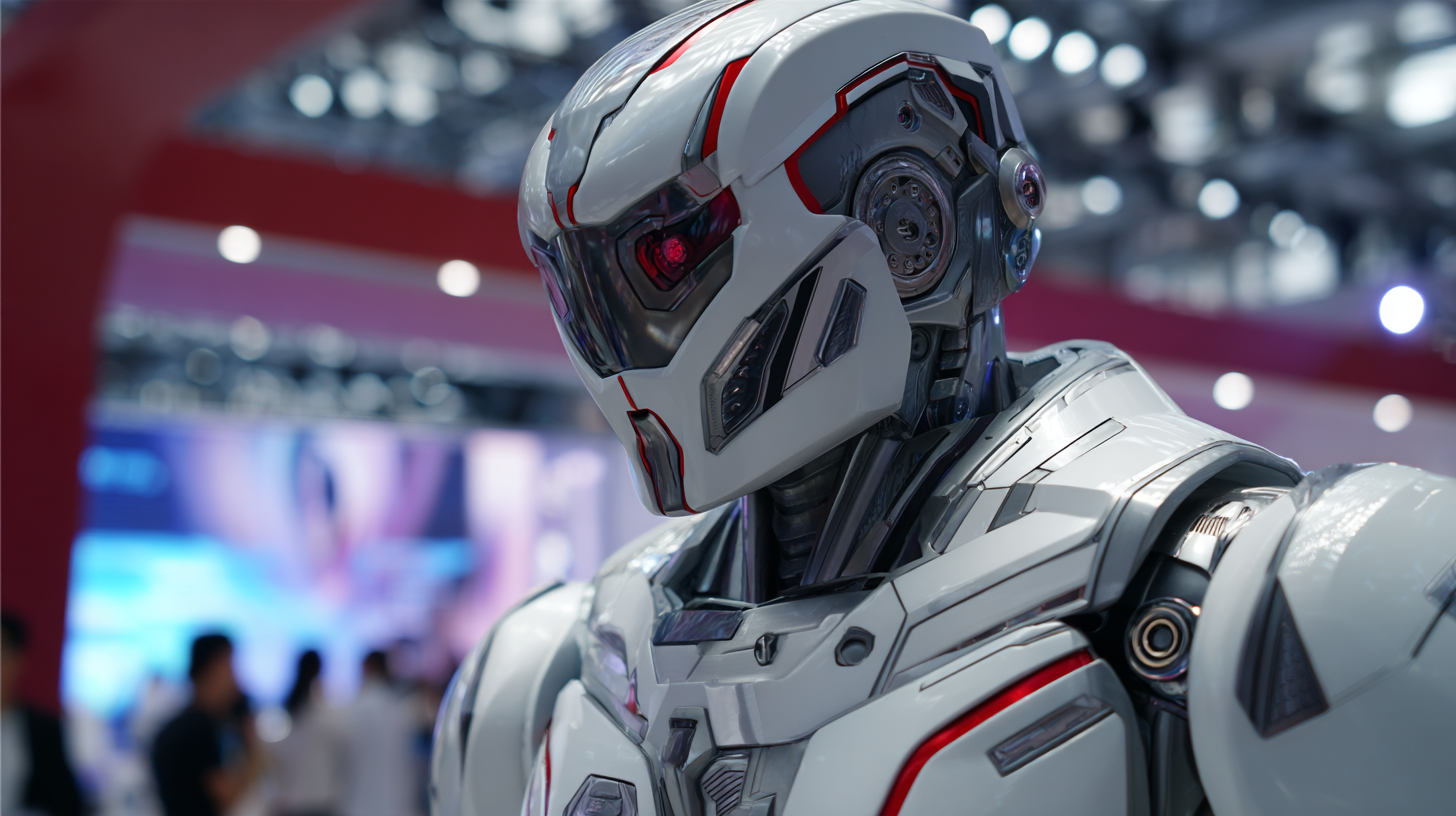
Related Posts
-
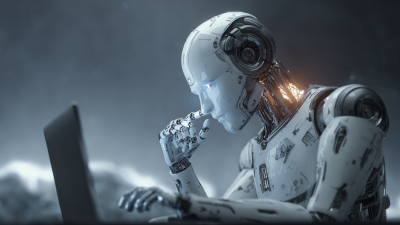
Unlocking the Future of Automation with Digital Robotic Process Techniques
-
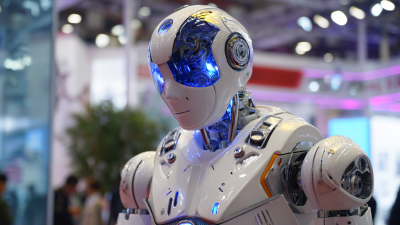
Exploring the Future of Robot Servos at the 138th China Import and Export Fair in 2025
-
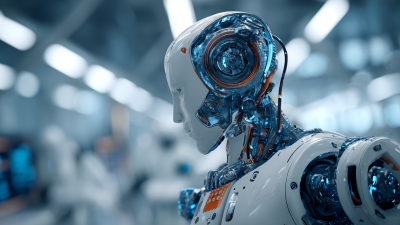
Exploring the Future of Robot Servo Technology at the 2025 China Import and Export Fair
-
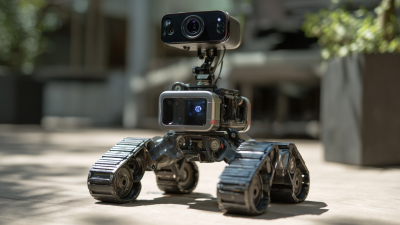
How to Enhance Your Photography Skills with Innovative Camera Robots






